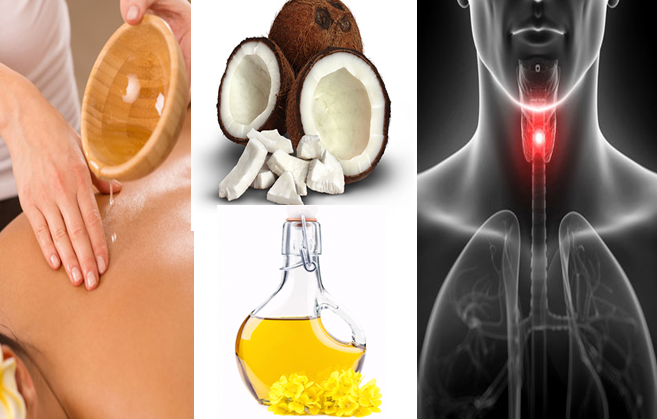
All fats are high in calories, so it’s important to bear this in mind if you are watching your weight.
In terms of your heart, it’s important to think about the type of fat you are eating.
A typical diet is made up of different types of fat. While you need to make sure you eat foods that contain healthy monounsaturated and polyunsaturated fats, too much saturated fat can increase the amount of cholesterol in your blood, which can increase your risk of developing coronary heart disease.
You can have a high cholesterol level even if you are a healthy weight. And even if your cholesterol level is healthy, it’s important to eat well and to be active to keep your heart healthy.
Choosing fats
Monounsaturated and polyunsaturated fats provide essential fatty acids and fat soluble vitamins - so they’re an important part of your diet.
Wherever possible replace saturated fats with small amounts of monounsaturated and polyunsaturated fats.
The average man should have no more than 30g of saturated fat a day, and the average woman no more than 20g a day.
Type of fats | Found in | |
MonounsaturatedHave these in small amounts. They can help to maintain healthy cholesterol levels. |  | Avocados, olives, olive oil, rapeseed oil. Almonds, cashews, hazelnuts, peanuts, pistachios and spreads made from these nuts. |
PolyunsaturatedHave these in small amounts. Polyunsaturated fats help to maintain healthy cholesterol levels and provide essential fatty acids. |  | Oily fish, corn oil, sesame oil, soya oil, and spreads made from those oils. Flaxseed, pine nuts, sesame seeds, sunflower seeds, and walnuts. |
SaturatedSwap these for unsaturated fats. Eating too much saturated fat increases the amount of cholesterol in your blood. |  | Processed meats like sausages, ham, burgers. Fatty meat. Hard cheeses including cheddar. Whole milk and cream. Butter, lard, ghee, suet, palm oil and coconut oil. |
TransAvoid wherever possible. They can increase cholesterol in your blood. Foods with hydrogenated oils or fats in them likely contain trans fats. |  | Fried foods, takeaways, snacks like biscuits, cakes or pastries. Hard margarines. |
Saturated fat guidelines
At the moment UK guidelines encourage us to swap saturated fats for unsaturated fats. You might have seen reports about a study we helped to fund which suggests there’s not enough evidence to back the current UK guidelines on the types of fat we eat. We think more research is needed before suggesting any major changes to healthy eating guidance.
Top tips to help you reduce your saturated fat
- Swap butter, lard, ghee and coconut and palm oils with small amounts of monounsaturated and polyunsaturated fats, such as olive, rapeseed or sunflower oils and spreads.
- Choose lean cuts of meat and make sure you trim any excess fat and remove the skin from chicken and turkey.
- Instead of pouring oils straight from the bottle, use a spray oil or measure out your oils with a teaspoon.
- Read food labels to help you make choices that are lower in saturated fat.
- Opt to grill, bake, steam, boil or poach your foods.
- Make your own salad dressings using ingredients like balsamic vinegar, low fat yoghurt, lemon juice, and herbs, with a dash of olive oil.
- Use semi-skimmed, 1% or skimmed milk rather than whole or condensed milk.
- Cottage cheese, ricotta and extra light soft cheese are examples of lower fat cheese options. Remember that many cheeses are high in saturated fat so keep your portions small - matchbox sized. Opt for strongly flavoured varieties and grate it to make a little go a long way.

























0 commentaires: